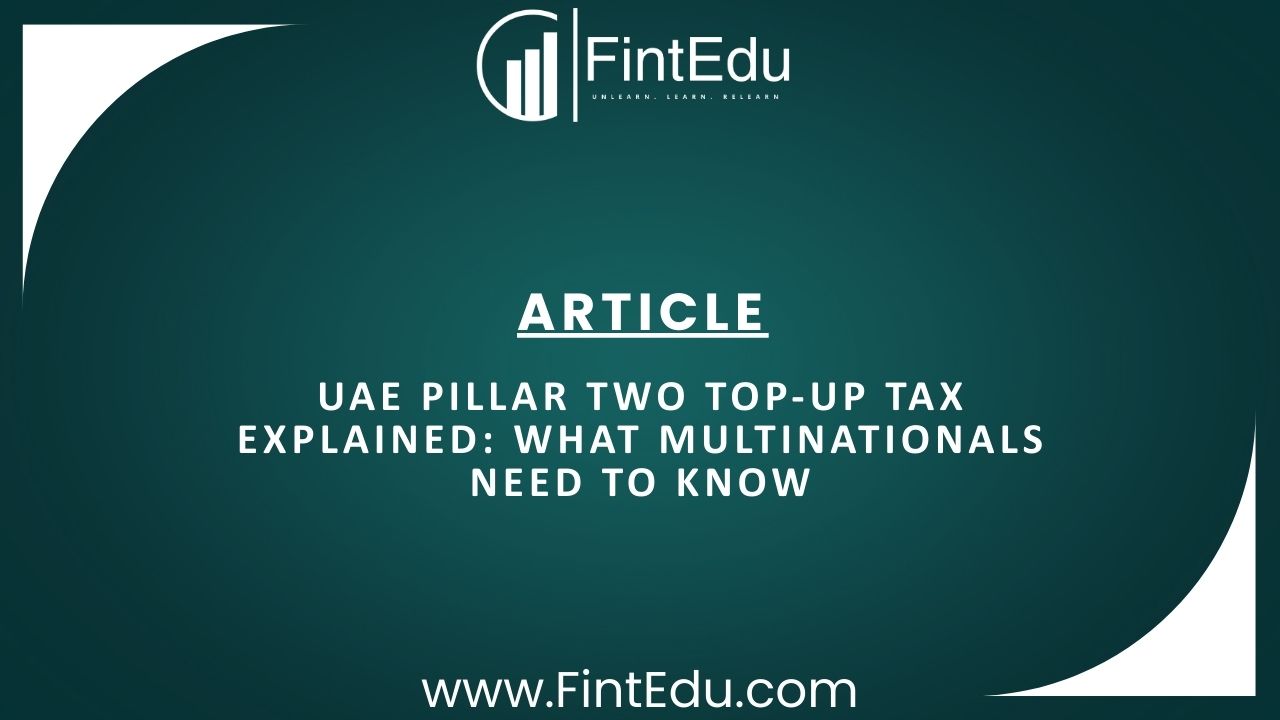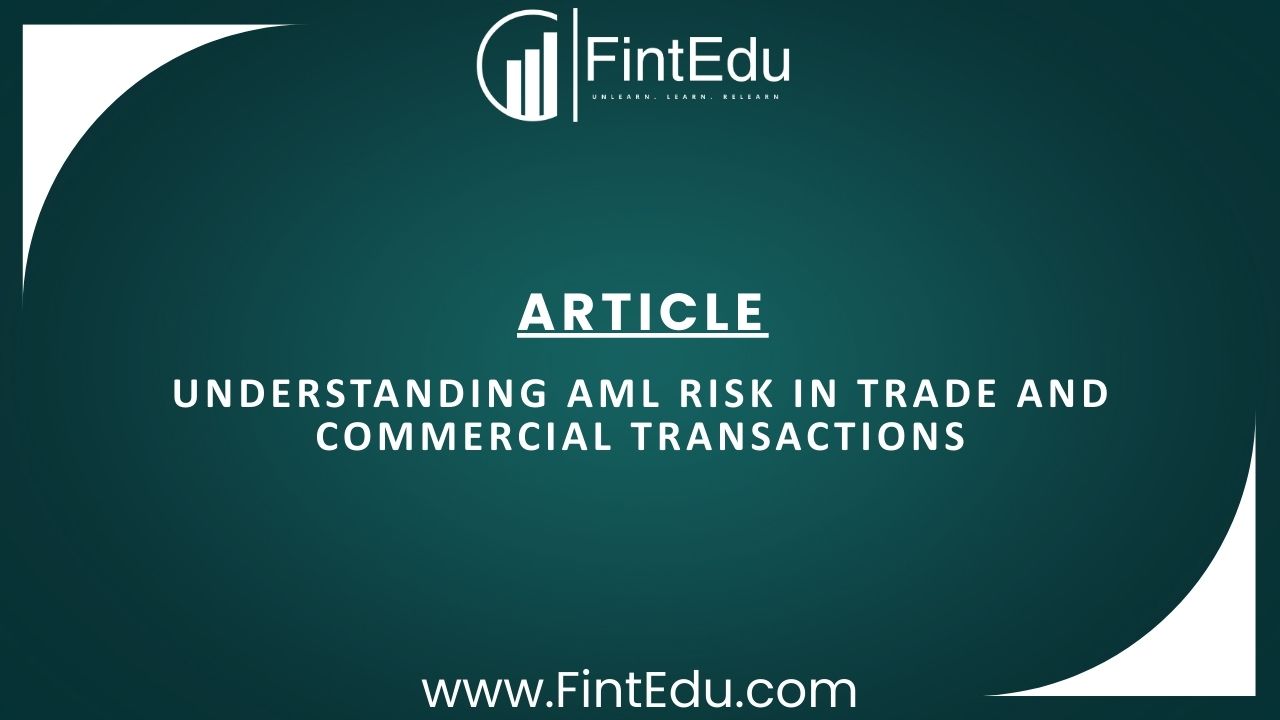LISTEN TO THIS ARTICLE
The Income Tax Law in Qatar, as outlined in Law No. 24 of 2018 (the Law) and its amendments, imposes corporate income tax (CIT) on taxpayers operating in Qatar. Let’s delve into the intricacies of the Law to understand the nature of income taxable and tax exempt in Qatar and the tax rates. This write-up further discusses the concept of presumptive tax assessment and the recent trends observed.
Income Taxable in Qatar
CIT is imposed in Qatar on the taxpayer's total taxable income derived from sources in Qatar during the previous taxable year. Besides, bank interest, returns, commissions, brokerage etc. earned outside Qatar are also taxable in Qatar if they arise from any activity carried out in the State.
For this purpose, taxable income is calculated as gross income of a taxpayer after allowable deductions and losses. Any expenditure is deductible if it meets the specific criteria, viz. it must be prerequisite for earning income, must be actually incurred and supported by documents, must not increase the value of fixed assets, and must be related to the taxable year.
Further, income derived from Qatar includes income from various sources such as:
- Activity conducted or contracts performed wholly or partly in Qatar.
- Income from real estate situated in Qatar or natural resource extraction in Qatar.
- Income, capital gains from shares or stocks of companies in Qatar.
- Consideration for services paid to related entities.
- Interest on loans obtained in Qatar.
Certain income is considered tax exempt in Qatar, prominent among them being the income of Qatari residents and wholly owned Qatari entities as well as profits distributed to them.
Corporate Tax in Qatar
The Law imposes a 10% tax rate on taxable income of individuals and resident corporate entities sourced within the country. Entities involved in the oil and gas sector or having contracts with government entities are subject to a minimum 35% tax rate. Agreements preceding the enactment of this Law dictate the applicable tax rates, with a minimum of 35% if not specified otherwise.
Exemptions extend to ministries, government bodies, public entities, international organizations, and specific income categories like salaries, inheritance, and legacies.
Non-residents receiving royalties, benefits, or commissions for services rendered in Qatar without a permanent establishment are subject to a 5% final deduction at the source.
Tax Assessments
The General Tax Authority (GTA) can amend the taxpayers’ self-assessment from data contained in the tax return and its supporting documents. The GTA can also make an estimate assessment from any available data in the event that the taxpayer fails to provide his tax return or does not submit data and documents supporting the tax return.
Based on our interactions with experts in the field, we understand that the GTA has recently issued a number of presumptive tax assessment to taxpayers who:
- fail to provide the requisite information / documents within the prescribed time limit; or
- where the audited financial statements of the taxpayer have a qualified/adverse opinion of the auditor or contain a disclaimer by the auditor.
Presumptive tax assessments by the GTA can result in an increased income assessment and consequently, higher tax outgo as well as interest and penalties. Hence, it is important to seek professional help in matters where taxpayers have been served presumptive tax notices.
Conclusion
Whether or not there is a presumptive tax assessment, taxpayers in Qatar must maintain adequate documentation of their transactions and supporting documents for expenses claimed as a deduction to prove the need and genuineness of the expenses. Further, considering that all records and documents are stored online, taxpayers must maintain software and systems which are accessible at all times.
Contributor
Related Posts

The UAE has introduced a new top-up tax regime as part of its commitment to global tax reforms und...
Read More
Anti Money Laundering is often viewed as a complex regulatory requirement. In reality it plays a sim...
Read More
Trade and commercial activity form the backbone of regional economic growth. Large volumes of goods ...
Read More